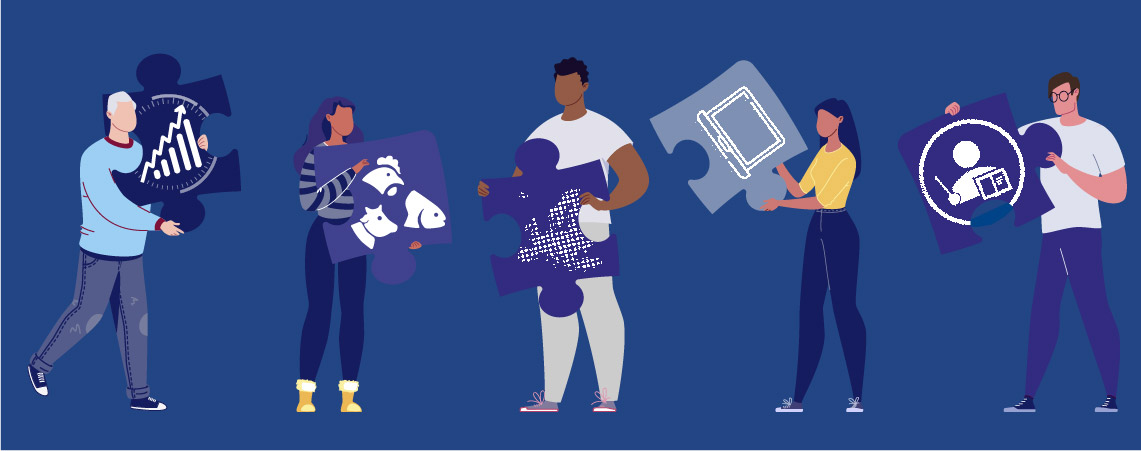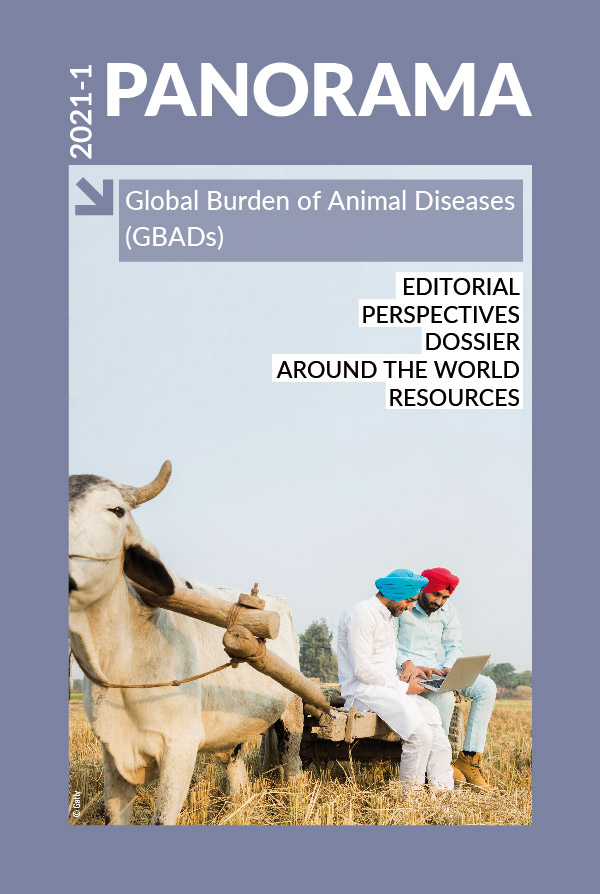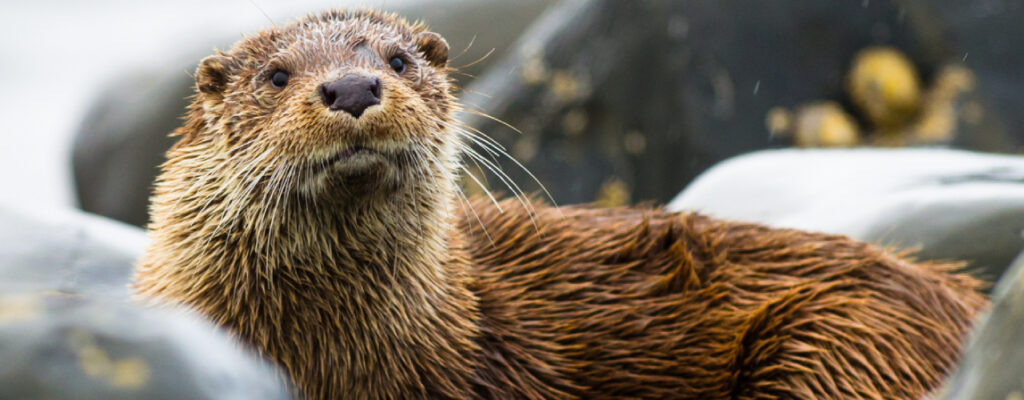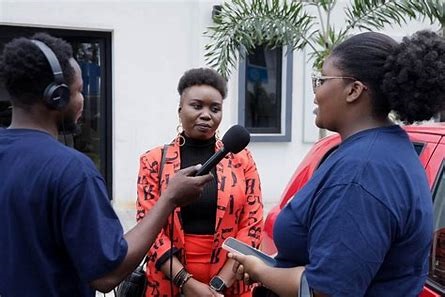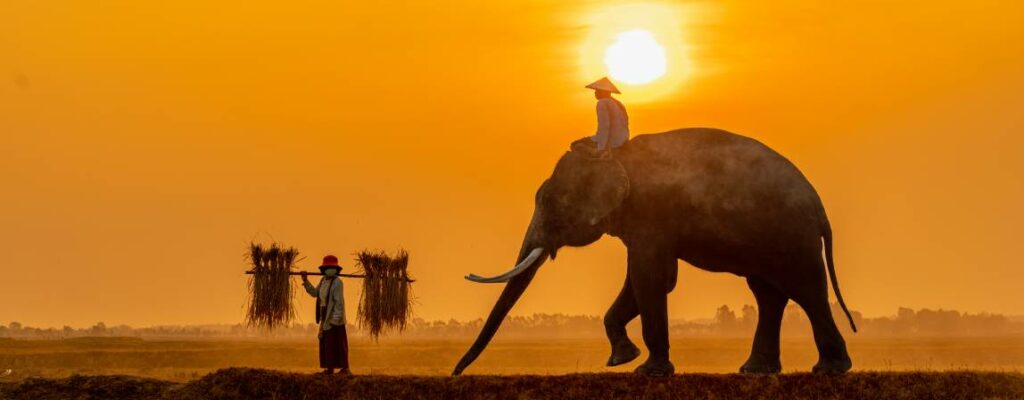Around the world Posted on 2021-08-16 11:14:44
Network initiatives
Establishment of a Collaborating Centre for Economics in Animal Health
Keywords
Authors
E. Brun (1), A. Stegeman (2), W. Steenveld (3), B. Huntington (4, 5) & J. Rushton (6)*
(1) Director, Department of Aquatic Animal Health and Welfare, Norwegian Veterinary Institute, Norway.
(2) Chair of Farm Animal Health, Department of Population Health Sciences, Utrecht University, The Netherlands.
(3) Assistant Professor of Animal Health Economics, Utrecht University, The Netherlands.
(4) Programme Manager, The Global Burden of Animal Diseases, Institute of Infection, Veterinary and Ecological Sciences, University of Liverpool, United Kingdom.
(5) Pengwern Animal Health Ltd., Wallasey Village, United Kingdom.
(6) Director of the University of Liverpool’s Centre of Excellence for Sustainable Food Systems; Director of the Global Burden of Animal Diseases Programme, Institute of Infection, Veterinary and Ecological Sciences, University of Liverpool, United Kingdom.
* Corresponding author: jrushton@liverpool.ac.uk
The designations and denominations employed and the presentation of the material in this article do not imply the expression of any opinion whatsoever on the part of the OIE concerning the legal status of any country, territory, city or area or of its authorities, or concerning the delimitation of its frontiers and boundaries.
The views expressed in this article are solely the responsibility of the author(s). The mention of specific companies or products of manufacturers, whether or not these have been patented, does not imply that these have been endorsed or recommended by the OIE in preference to others of a similar nature that are not mentioned.
The OIE is known for its ability to work in partnership to support the long-term sustainability of new initiatives. For GBADs, this will involve forging links with reference experts and laboratories, veterinary education twinning projects, and a wide network of Collaborating Centres to glean data, build capacity and create strategic partnerships that support the wider roll-out of the programme. In return, GBADs collaborators will support OIE Members through direct participation, by responding to their need for economic assessments of animal health.
The first OIE Collaborating Centre for Economics in Animal Health is in the European region. It will pioneer the development and use of GBADs methods from the global programme to support case studies and capacity building in the European region. Work will take place at the national level to eventually provide robust regional information. The Centre will work with livestock and aquatic animals, reflecting the expertise of the consortium members, and will focus on the systematic use of economics in animal health, as well as training in its methods, to work towards outcomes that are aligned with the GBADs programme. This will be achieved by a multi-disciplinary team of economists, epidemiologists, veterinary clinicians, computer scientists and educators. The team will include early career researchers and provide PhD opportunities as it aims to grow expertise in the discipline.
It is our intention to support the development of similar consortia to become Collaborating Centres for Economics in Animal Health in the other OIE regions.
https://doi.org/10.20506/bull.2021.1.3263




